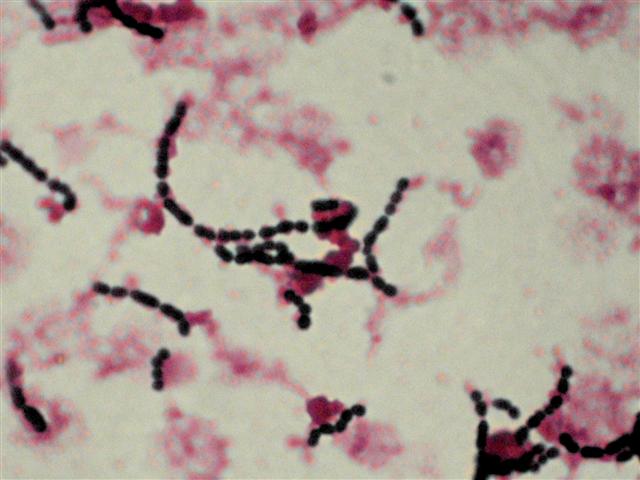

Group B Streptococcus (group B strep) is a type of bacteria that causes illness in people of all ages. Also known as GBS, group B strep disease is the most common
Group B Strep Infection is a bacterial infection that can be found in a woman’s vagina or rectum and passed to the baby during delivery.
Group A Streptococcus infection is generally diagnosed with a rapid strep test or by culture. Group B. S. agalactiae, or group B Streptococcus, GBS,




Group B Strep Infection in Newborns Learn about how group B strep affects newborns, how to prevent, diagnose, and treat the infection, and how it’s spread…


Group B strep infection can also afflict nonpregnant adults with certain chronic medical conditions, such as diabetes, cardiovascular disease, obesity, and cancer.
Group B streptococcus (strep) is a common bacterium often carried in your intestines or lower genital tract. Group B strep is usually harmless in adults.
Early-onset group B strep disease. A baby with early-onset group B strep disease becomes sick within one week after birth. Signs and symptoms may include: Fever;
_on_Columbia__Blood_Agar_-_Detail.jpg/1280px-Streptococcus_agalactiae_(Beta_haemolytic_Streptococcus_Lancefield_Group_B)_on_Columbia__Blood_Agar_-_Detail.jpg)
Group B streptococcus (group B strep) is a type of bacteria that causes infection among newborns, pregnant women or women after birth, females after

Group B streptococcus infection, also known as Group B streptococcal disease, is the infection caused by the bacterium Streptococcus agalactiae (S. agalactiae) (also
What is group B streptococcus? Group B strep (GBS) is a kind of bacteria that many people naturally have in their intestinal tract. The bacteria may also inhabit, or